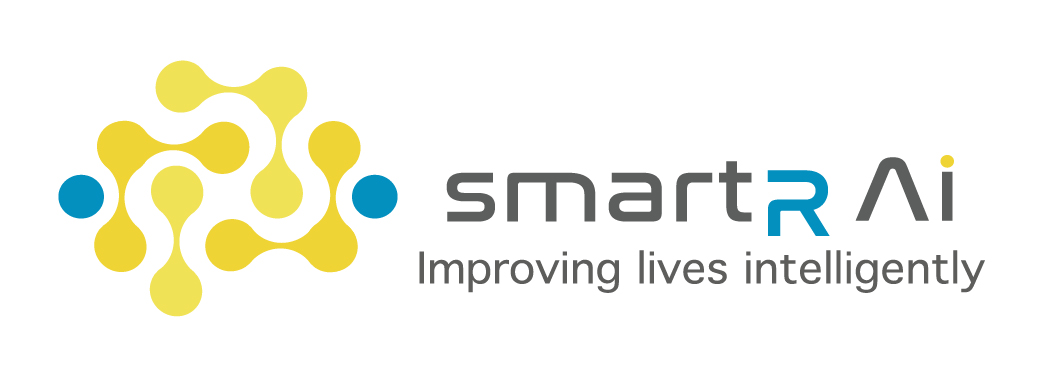RETHINKING AI SMARTER
From Artificial to Assistive Intelligence
At smartR AI, over the years we' ve realized we majorly need to rethink AI. The “artificial” in Artificial Intelligence has always felt a bit off, hasn't it?
AI isn' t trying to replicate human intelligence - it’s developing its own, unique form. AI excels when collaborating with us, not against us, and when we stop thinking of AI as a replacement for human skills and instead focus on how it can aid us, remarkable things happen.
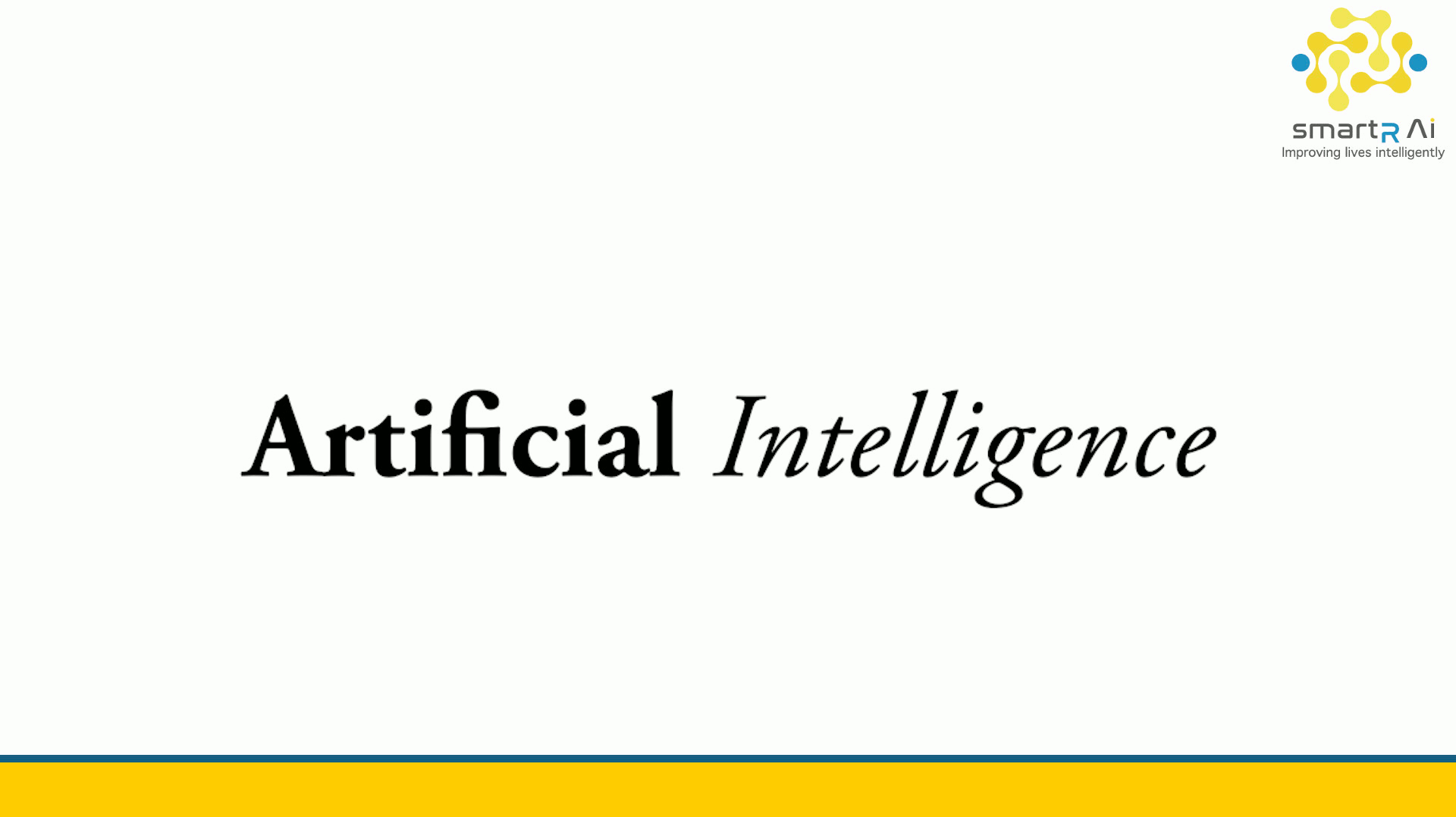
We've seen this firsthand in successful AI projects, so at smartR AI, we're asking - what if we thought of AI instead as “assistive intelligence”?
The magic isn’t in having AI take over entirely — it’s in creating partnerships where both human and machine intelligence contribute their unique strengths, together.
In an environment increasingly dominated by tech scares, algorithms that control the content we see, and uncertainty over the future, we want to rebuild the relationship between humans and machine, and create a world where exciting new technologies work for us to enhance our lives.
Founder and CEO, smartR AI
AI PERSONALIZED FOR YOU
Every smartR AI project begins with you
At smartR AI, we will spend the time to learn about your business and collaborate closely with your teams to develop a customised AI solution unique to you.
Secure, private AI solutions by smartR AI
Leveraging years of award-winning expertise, smartR AI specializes in providing customized artificial intelligence models and tools that run securely within your own private ecosystem. Our core strengths include:

Private, on-premises AI models tailored to your needs

Pre-developed AI toolsuites to accelerate deployment and save costs

Vast experience solving real-world challenges with cutting-edge AI solutions

Trusted team committed to delivering safe, ethical, and high-performance AI
When considering adopting AI a major concern within organizations is that the competition or others get access to their data. At smartR AI, we prevent this happening by working with your organization’s volumes of data within the security of your own private data ecosystem.
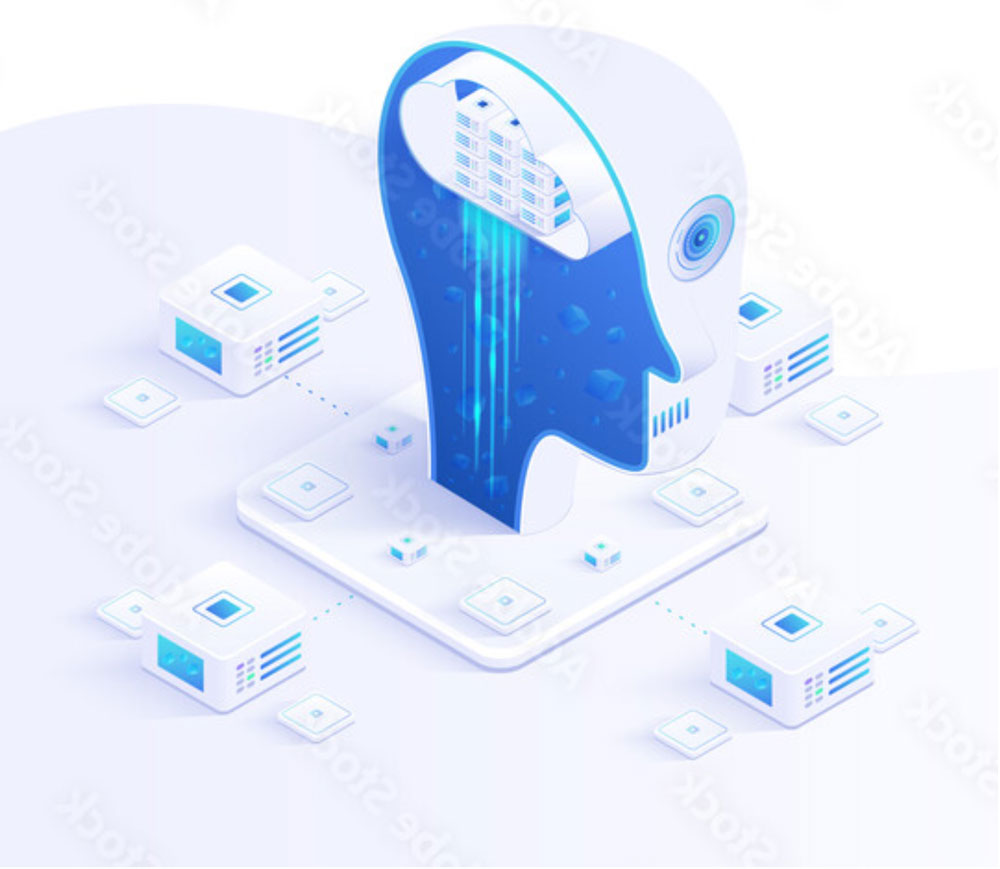
YOUR LOYAL AI PAL
For business applications we have SCOTi® AI
SCOTi is a private model for the enterprise. It unlocks value while providing privacy, security, compliance, and cost savings. Customized for each client, SCOTi delivers high-quality, tailored results to transform how organizations automate workflows and use their data.
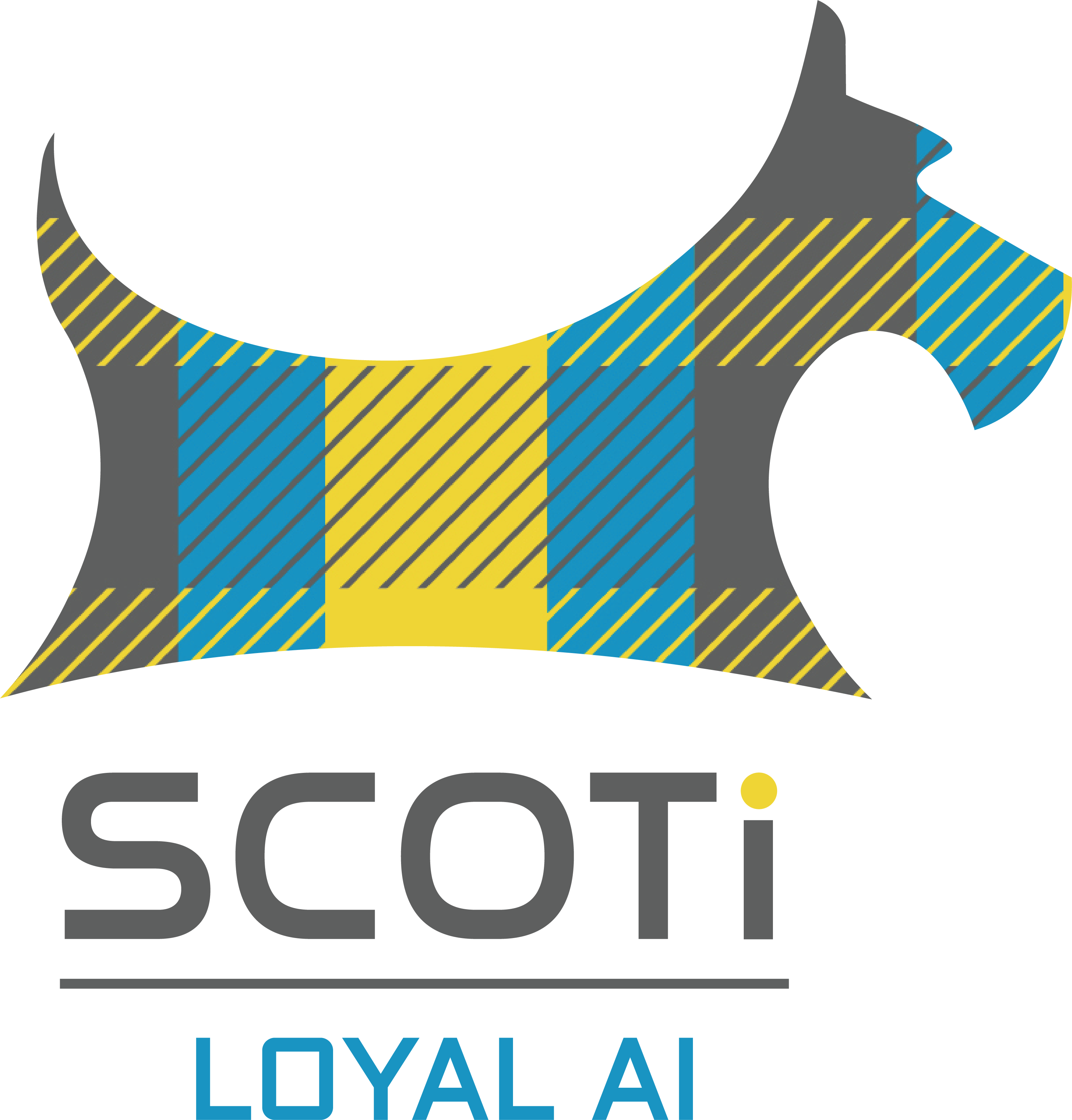

For health and wellness applications, we have alertR™
alertR uses AI to monitor individuals’ health and behaviors, sending customized preventive and emergency alerts to protect the vulnerable. Using data from smart devices alertR identifies deviations from normal patterns to anticipate outcomes.
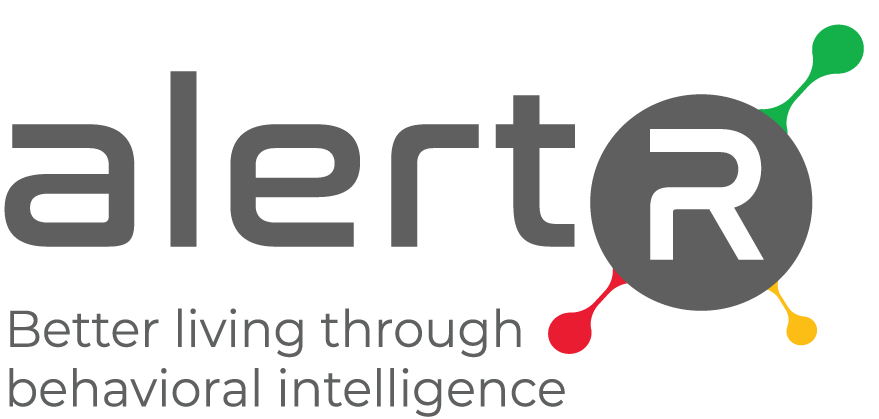
TESTIMONIALS
What our clients say about us
We have a genuine customer base for our AI services and we are grateful to receive their feedback on our service.
Nigel Morris-Cotterill, Chairman: The Financial Crime Forum
“I’ve just had a long discussion (the sort where I start off with “I know nothing, explain it to me”) with … smartR AI . So nice to find a company that says “tell us your problem and we’ll build a model” instead of “this is what we do, now let’s change you“; one that doesn’t build its models based on data from e.g. #ChatGPT ; and one that openly says “older technology is easier, cheaper and more effective for many applications.“I especially like the “job first, then tech” approach.”
Kevin Grundy – CEO Opsis Health
“smartR AI works closely with Opsis. Their deep understanding of AI helps drive product development and has created patents for Opsis”
Steve Baskerville, Engineering Manager
“Working with smartR was absolutely the right decision for our project. The team was dedicated, professional, talented, and an absolute joy to work with. Oliver and his team have both the drive and talent required to take on the world’s most challenging technical projects.”
Alexis Higgins, Project Manager
“smartR AI really felt like part of my team. They really cared about what they worked on and went the extra mile when we had deadlines.”
Michael Mahfet, VP & GM, Aerospace / Defense
“Oliver and his team at smartR AI were outstanding partners. Very nimble and easy to work with. Highly recommended.”
